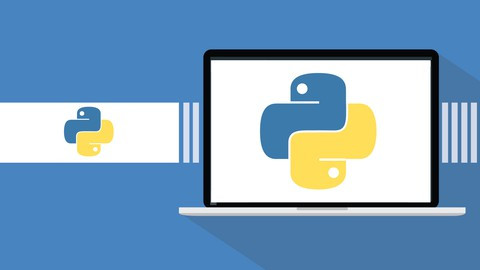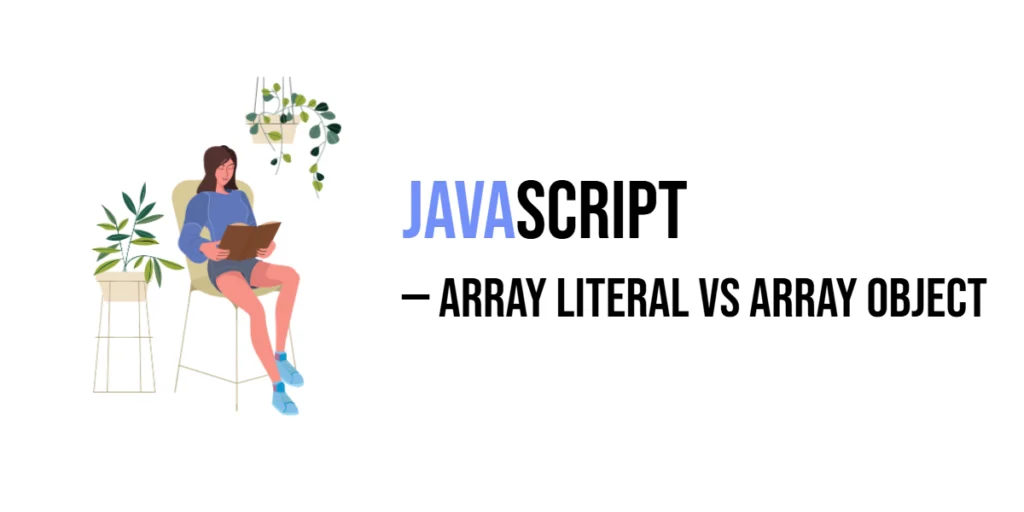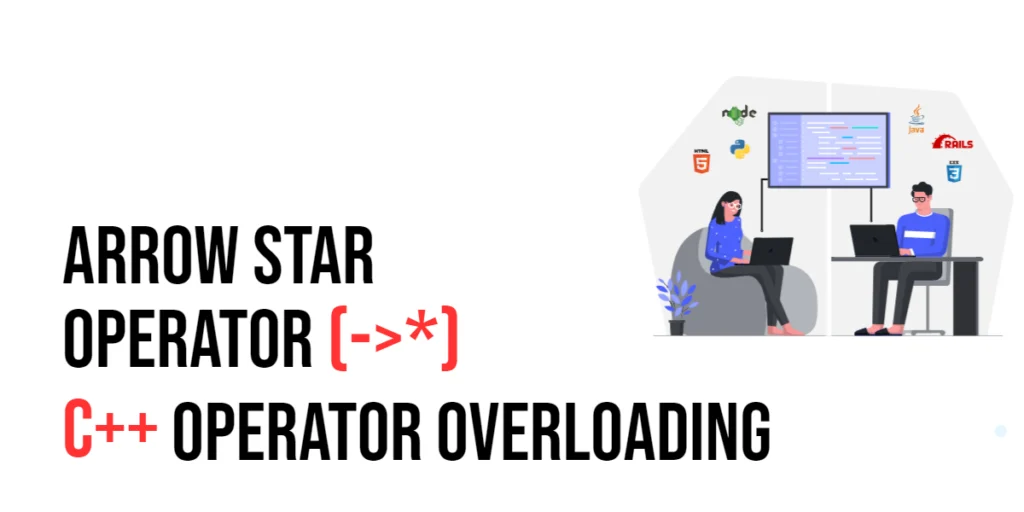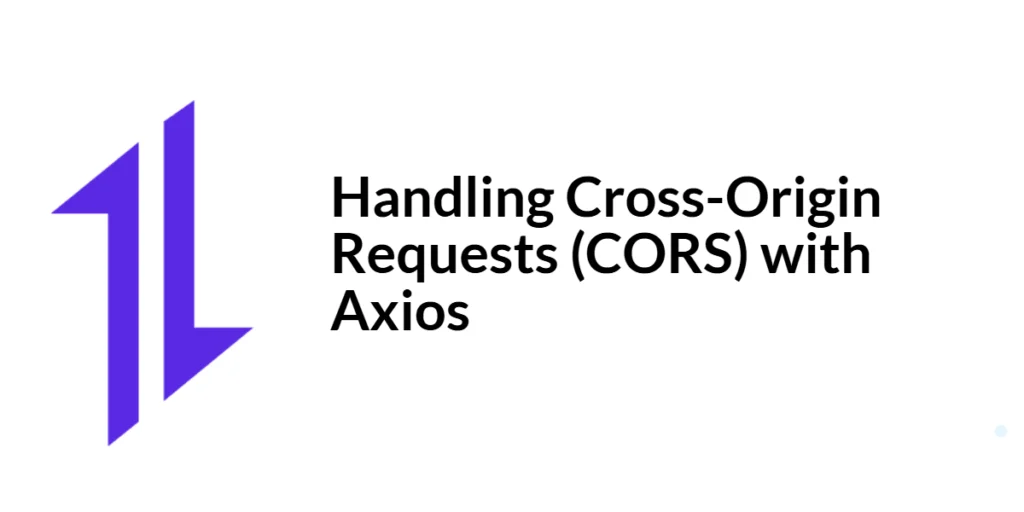Kotlin extensions are powerful features that allow you to add new functionality to existing classes without modifying their source code. This makes it possible to extend classes with additional methods and properties, leading to more concise, readable, and maintainable code. Extensions are particularly useful for enhancing libraries and frameworks, as well as simplifying repetitive tasks in your codebase.
In this guide, we will explore how to work with Kotlin extensions, including extension functions and extension properties. We will also cover scope functions, which provide a concise way to work with objects within a certain scope. By the end of this guide, you will be able to leverage Kotlin extensions to simplify and improve your code.
Extension Functions
Defining Extension Functions
Extension functions allow you to add new functions to existing classes. They are defined outside the class using the fun keyword, followed by the receiver type (the type being extended) and the function name.
fun String.reverse(): String {
return this.reversed()
}In this example, we define an extension function reverse for the String class. The function uses this to refer to the instance of the String class and returns the reversed string.
Using Extension Functions
Once defined, extension functions can be called as if they were regular methods of the class.
fun String.reverse(): String {
return this.reversed()
}
fun main() {
val original = "Kotlin"
val reversed = original.reverse()
println(reversed) // Output: niltoK
}Here, we call the reverse extension function on a String object, demonstrating how extension functions seamlessly integrate with existing classes.
Nullable Receiver
Extension functions can also be defined for nullable types, providing a way to handle null values gracefully.
fun String?.isNullOrEmpty(): Boolean {
return this == null || this.isEmpty()
}
fun main() {
val str: String? = null
println(str.isNullOrEmpty()) // Output: true
}In this example, the isNullOrEmpty extension function is defined for the nullable String type. It checks if the string is null or empty and returns a boolean result.
Extension Properties
Defining Extension Properties
Extension properties allow you to add new properties to existing classes. They are defined similarly to regular properties, using the val or var keyword.
val String.wordCount: Int
get() = this.split(" ").sizeHere, we define an extension property wordCount for the String class, which calculates the number of words in the string by splitting it on spaces and returning the size of the resulting list.
Using Extension Properties
Extension properties can be accessed like regular properties.
val String.wordCount: Int
get() = this.split(" ").size
fun main() {
val sentence = "Kotlin is fun"
println(sentence.wordCount) // Output: 3
}In this example, we access the wordCount extension property on a String object to get the number of words in the sentence.
Scope Functions
Scope functions are a set of standard library functions that provide a way to execute a block of code within the context of an object. They help make code more readable and concise.
let
The let function is used to execute a block of code on the result of a non-null expression.
fun main() {
val name: String? = "Kotlin"
name?.let {
println("Hello, $it!")
}
}In this example, let is used to print a greeting only if name is not null.
apply
The apply function is used to configure an object and return it.
class Person() {
var age: Int = 0
lateinit var name: String
}
fun main() {
val person = Person().apply {
name = "Alice"
age = 25
}
println(person.name)
println(person.age)
}Here, apply is used to set the properties of a Person object and return the configured object.
run
The run function is used to execute a block of code and return its result.
fun main() {
val length = "Kotlin".run {
this.length
}
println(length) // Output: 6
}In this example, run is used to get the length of the string and return it.
also
The also function is used to perform additional actions on an object and return the object itself.
fun main() {
val numbers = mutableListOf(1, 2, 3).also {
it.add(4)
it.remove(1)
}
println(numbers) // Output: [2, 3, 4]
}Here, also is used to modify the list and return the modified list.
with
The with function is used to call multiple methods on an object within a block of code.
fun main() {
val result = with(StringBuilder()) {
append("Kotlin ")
append("is awesome!")
toString()
}
println(result) // Output: Kotlin is awesome!
}In this example, with is used to build a string using a StringBuilder.
Practical Examples
String Extensions
Extension functions and properties can greatly simplify working with strings.
import java.util.*
fun String.capitalizeWords(): String {
return this.split(" ")
.joinToString(" ") {
it.replaceFirstChar {
if (it.isLowerCase())
it.titlecase(Locale.getDefault())
else it.toString()
}
}
}
fun main() {
val sentence = "kotlin is fun"
println(sentence.capitalizeWords()) // Output: Kotlin Is Fun
}Here, the capitalizeWords extension function capitalizes each word in a string.
Collection Extensions
Extensions can also enhance collections.
fun List<Int>.sumOfSquares(): Int {
return this.sumOf { it * it }
}
fun main() {
val numbers = listOf(1, 2, 3, 4)
println(numbers.sumOfSquares()) // Output: 30
}In this example, the sumOfSquares extension function calculates the sum of squares of the elements in a list.
Conclusion
Kotlin extensions provide a powerful way to add functionality to existing classes, making your code more concise, readable, and maintainable. By leveraging extension functions and properties, you can enhance libraries and frameworks, simplify repetitive tasks, and improve overall code quality. Scope functions further enhance readability by allowing you to perform actions within the context of an object.
Additional Resources
To further your understanding of Kotlin extensions and functional programming, consider exploring the following resources:
- Kotlin Documentation: The official documentation for Kotlin. Kotlin Documentation
- Kotlin by JetBrains: Learn Kotlin through official JetBrains resources. Kotlin by JetBrains
- Kotlin for Android Developers: A comprehensive guide to using Kotlin for Android development. Kotlin for Android Developers
- Kotlin Koans: Interactive exercises to learn Kotlin. Kotlin Koans
- KotlinConf Talks: Watch talks from the Kotlin conference. KotlinConf Talks
By leveraging these resources, you can deepen your knowledge of Kotlin and enhance your ability to develop efficient and maintainable applications.







